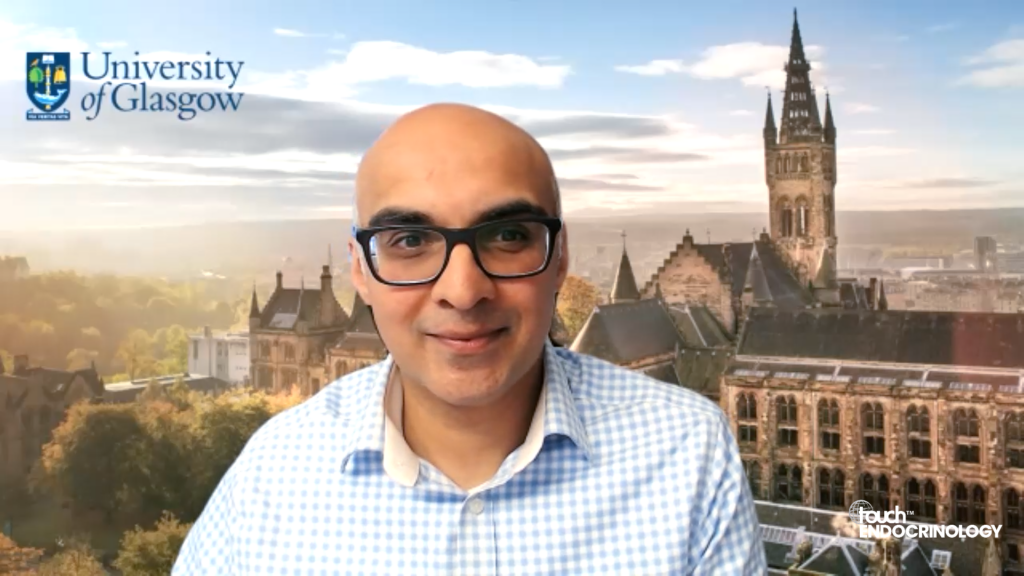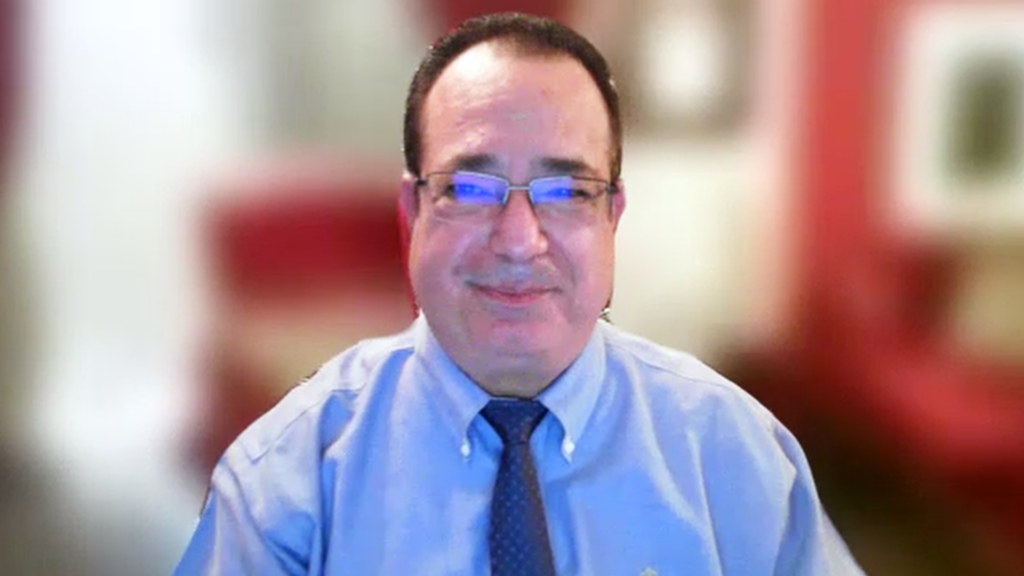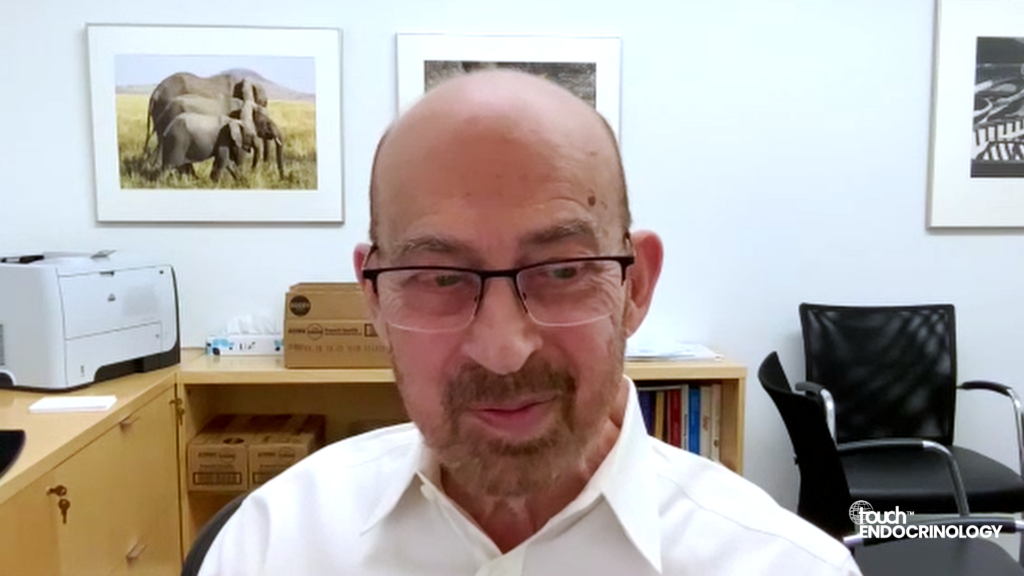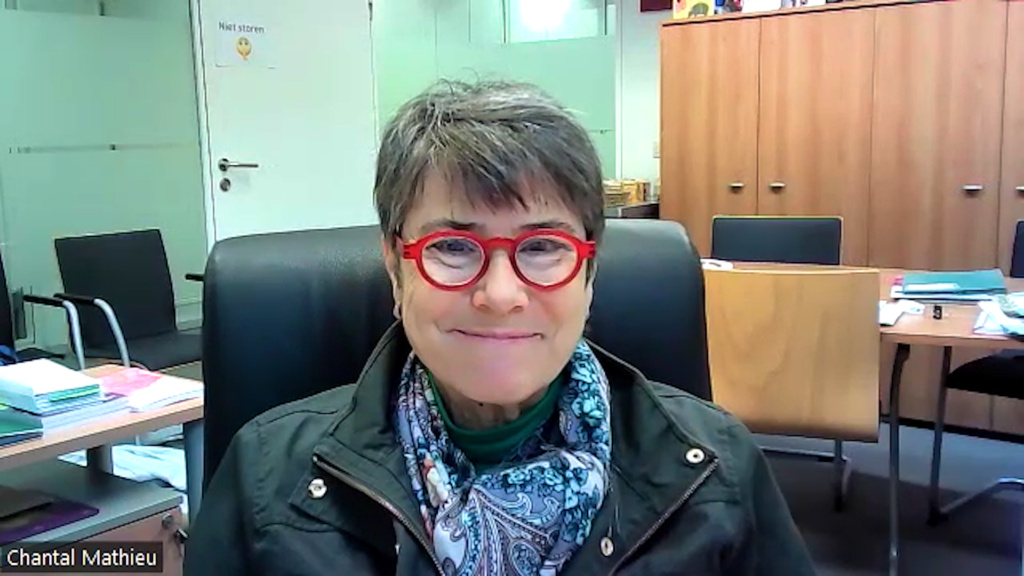
Deep Dutta is a Senior Endocrinologist at the CEDAR Super-specialty Clinics New Delhi in India. Following his MBBS (in 2005) and MD (in 2009), he completed his Doctorate in Endocrinology (DM) training in endocrinology and metabolism in Calcutta, India in 2012. He was awarded Diplomate of National Board (DNB) in endocrinology and metabolism in New Delhi in 2013. He is a fellow of the American College of Endocrinology (ACE) and holds a speciality certificate in endocrinology and diabetes from the Royal College of Physicians, Edinburgh, UK, where he is also a fellow. He has a keen interest in clinical and translational research, having more than 200 research papers published in indexed journals with more than 1,600 citations. He is a postgraduate teacher in diabetes and endocrinology in India, and is a faculty member under the international mentorship program of American College of Endocrinology (AACE). He is extensively involved in community services and spreading social awareness for prediabetes and diabetes prevention.
What are your highlights of 2019?
It has been a remarkable year in the field of endocrinology. The two-year follow-up data from the Diabetes Remission Clinical Trial (DIRECT) published in Lancet showed encouraging data on durability and maintenance of diabetes reversal (stoppage of all diabetes medication for more than 3 months & Hba1c <6.5%) in patients on very low-calorie diet. It showed that patients who lost more than 10kg body weight and had diabetes reversal after 1 year of follow-up continued to be in diabetes remission, providing they maintained >10kg weight loss. People who regained weight relapsed back into type-2 diabetes. People who lost less than 5 kg weight virtually never had diabetes reversal.
The approval of use of SGLT2i in obese people living with type-1 diabetes (T1D) in Europe is an interesting development. It has been recommended under close monitoring and helps in reducing the total daily dose of insulin requirement, glycaemic variability and is beneficial for weight loss. Maintaining hydration and keeping alert for euglycemic ketosis are few points to be discussed with patients.
The D2d study made us realise that blanket supplementation of vitamin-D in all patients living with prediabetes or diabetes is ineffective. Vitamin-D supplementation works the best for preventing diabetes only in patients who have severe vitamin-D deficiency (25OH-vitamin-D <12ng/ml) and in whom vitamin-D sufficiency was ensured (25OH-vitamin-D>30ng/ml) with therapeutic doses of vitamin-D supplementation.
Launch of ultra-fasting acting aspart insulin (Fiasp®) is a step in the right direction for the development of closed loop insulin delivery system with artificial intelligence (artificial pancreas). Fisap can be given immediately after the meals in children with T1D without any impact on glycaemic efficacy or increased risks of hypoglycaemia. This is especially useful for managing T1D in toddlers and young children, where food intake may be erratic and the child may refuse meals after insulin injection, increasing the risk of hypoglycaemia and concerns for parents/caregivers.
What have been the major breakthroughs and data?
The launch of oral GLP1a semaglutide is a welcome agent in war against diabesity. It is the first ever peptide which can be taken orally. Being an oral agent, patient acceptability will be much more than other GLP1a currently available. The PIONEER studies showed the cardiovascular safety of semaglutide in people living with type 2 diabetes.
Advances have been made with regards to targeting immunity with a variety of therapies to arrest progression of beta cell failure in T1D. A two-week course of an experimental immunotherapy called teplizumab reduced T1DM diagnosis rates in people at high risk for disease (autoimmunity with normoglycemia or prediabetes) (Teplizumab Prevention Study, TrialNet). This is the first time a drug has been able to delay or prevent the disease. T1DM onset was delayed by 2 years.
How will these impact the future?
Precision medicine (targeted therapy) will impact the future in a big way with regards to diabetes care and we can expect to see some key results in 2020. Currently oncology is much ahead in this regard and more advances are expected with regards to immunotherapy in T1DM.
What are the current hottest topics, and what do you hope to see in 2020?
Gut SGLT1 inhibition and drugs having both SGLT2 and SGLT1 inhibition properties will increasingly be used in 2020. Glycaemic efficacy of SGLT1 inhibition results from inhibition of glucose absorption from gut, and also potentiating the incretin effect, as a result of greater glucose load being delivered to the distal ileum. Glucagon antagonists are the molecules of the future with regards to newer medications for diabetes management.
Please provide a brief summary of your current research.
We recently highlighted the importance of metformin, SGLT2i, GLP1a and orlistat based multi drug therapy, in different permutation and combination in inducing significant weight loss in people with diabetes, resulting in a better glycaemic control and many patients achieving euglycaemia.
Anti-diabetes medications need to be continued for years to decades. We are currently working on novel ways of how to reduce the monthly costs of therapy in people living with diabetes, which will result in better medication compliance, translating into better long-term glycaemic outcomes and prevention of complication. This is especially relevant for the developing world, where healthcare expenditure is primarily out of pocket. SGLT2i are among the most expensive diabetes medications currently available. We have showed that half a tablet of canagliflozin 300mg and empagliflozin 25mg are as efficacious as the full dose of the medications, bring down the cost of therapy by 50%.
We have actively worked in developing and validating low calorie vegan forms of Ketogenic diet and Paleolithic diet. This is especially relevant for India, where a significant percent of the population is vegetarian, and would really help in tackling the problem of diabesity in this part of the world.
Support: No funding was received in the publication of this Insight article.
Published: 4 December 2019













